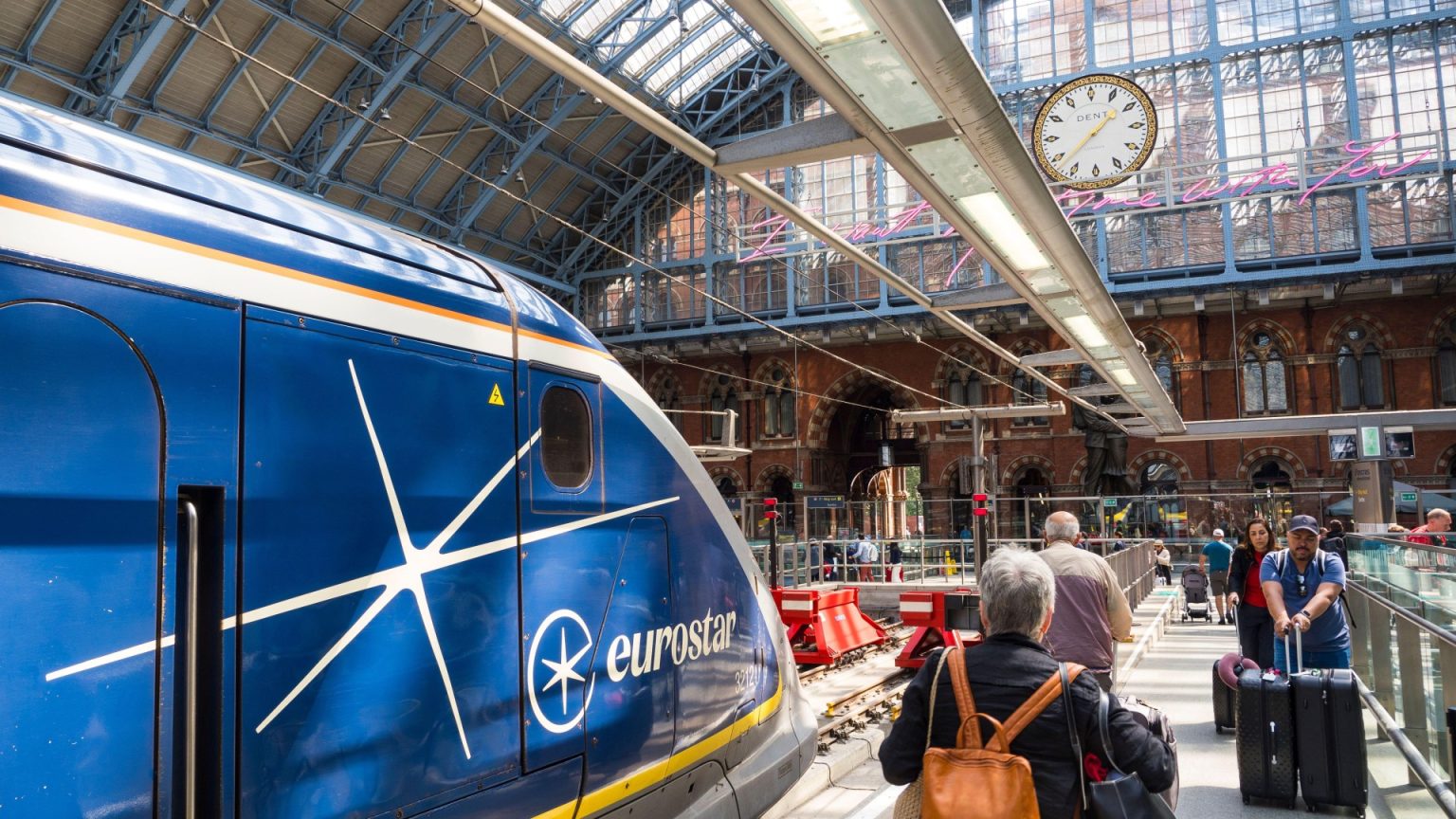Virgin’s ambitious plan to challenge Eurostar’s dominance in the cross-Channel rail market is gaining momentum with a proposed order for twelve new trains. This initiative, first unveiled in 2023, aims to introduce a competitive dynamic to a sector monopolized by Eurostar since its inception in 1992. Virgin’s investment signals a significant commitment to the project, with an estimated £500 million earmarked for the train purchase and a potential total project cost reaching £1 billion. This venture marks Virgin’s return to the UK rail scene after its domestic Virgin Trains operation ceased in 2019 following a 22-year run.
The potential train models under consideration represent a diverse range of international manufacturers, including Hitachi from Japan, Siemens from Germany, Talgo from Spain, and Alstom from France. This selection reflects a focus on cutting-edge technology and design, potentially offering passengers enhanced comfort and speed. If approved, these new trains could be operational by 2029, introducing a long-awaited competitor to Eurostar’s services connecting London with France, Belgium, and the Netherlands. This move follows similar ambitions from start-up Evolyn, which also announced plans for a London-Paris train service in 2023, though their projected launch, initially slated for 2023 with a limited service using Avelia trains, is likely delayed.
The introduction of a new player into the market is expected to yield benefits for consumers, potentially leading to lower fares, diverse route options, and improved service quality. Eurostar, while having expanded its network through a merger with Thalys, offering access to Germany, has scaled back some of its previous routes, including direct services to Disneyland Paris and various French cities, as well as its popular ski train to the Alps. This contraction, partly attributed to the pandemic’s impact, leaves room for a competitor like Virgin to capitalize on unmet demand and potentially revive some of these abandoned routes.
However, Virgin’s ambitious plan faces significant hurdles, particularly regarding capacity constraints at London St. Pancras and the Temple Mills maintenance depot. Project lead Phil Whittingham anticipates a regulatory intervention to allocate capacity for a new competitor, believing that the market cannot accommodate three operators. This perspective directly contradicts Eurostar’s stance, which maintains that available space is limited and calls for a fair framework for all operators to invest in network expansion. This potential conflict highlights the need for a clear regulatory approach to ensure a balanced and efficient allocation of resources.
Furthermore, the introduction of the European Entry Exit System could add further complexity to the already congested cross-Channel rail operations. Eurostar, despite these challenges, is investing in its own future, with the purchase of 50 new trains and plans for further expansion to new European destinations. While these developments demonstrate Eurostar’s resilience and commitment to growth, they also underscore the competitive landscape that Virgin is entering.
The revival of the Ashford to continental Europe route, currently suspended by Eurostar, is also an area of potential contention and opportunity. Backed by the Prime Minister, calls to reinstate this service add another layer to the debate surrounding capacity and access. Eurostar’s decision to postpone addressing this issue until at least next year further emphasizes the limited capacity at London St. Pancras, currently the sole UK terminal for Eurostar. This bottleneck creates a challenge for new entrants like Virgin and highlights the need for a comprehensive approach to expanding and optimizing cross-Channel rail infrastructure. The coming years will be pivotal in determining how this competition unfolds and how it shapes the future of international rail travel from the UK.


